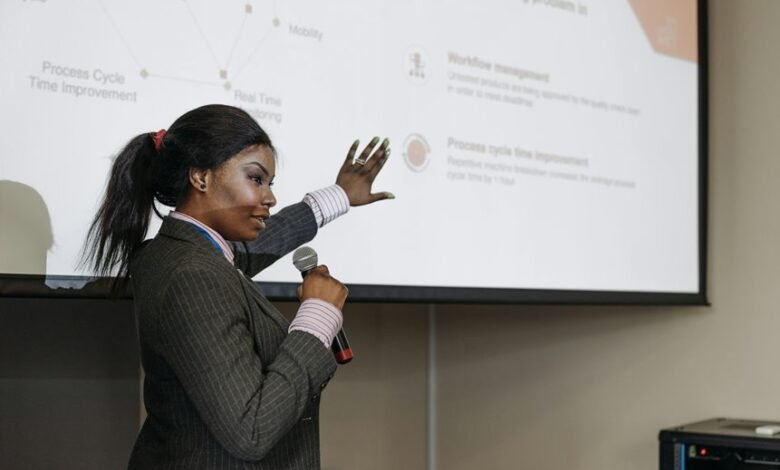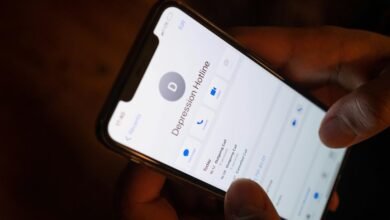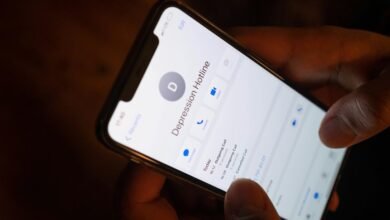8729040036 How to Improve Your Communication Skills

Effective communication is essential in both personal and professional settings. It begins with active listening and extends to mastering nonverbal cues. Clarity and conciseness in messaging can prevent misunderstandings and enhance interactions. By developing these skills, individuals can foster deeper connections and promote mutual respect. However, the journey toward improved communication does not end here; there are further strategies to explore that can elevate one's effectiveness even more.
Active Listening Techniques
How can one truly engage with others during a conversation? Active listening techniques, grounded in emotional intelligence, foster genuine connections.
By practicing reflective responding, individuals can validate feelings and thoughts, creating a space for openness. This approach not only enhances understanding but also empowers both parties, promoting freedom in expression.
Ultimately, effective communication thrives on attentiveness and empathy, enriching interpersonal relationships.
Mastering Nonverbal Communication
Effective communication extends beyond words; it encompasses nonverbal cues that significantly impact interactions.
Mastering body language and facial expressions is essential for conveying confidence and sincerity. Individuals should be mindful of their posture, gestures, and eye contact, as these elements can enhance or undermine their message.
Practicing Clarity and Conciseness
Although many individuals struggle with conveying their thoughts succinctly, practicing clarity and conciseness is crucial for impactful communication.
Effective word choice enhances understanding, while a well-organized message structure ensures that key ideas are conveyed without ambiguity.
Conclusion
In conclusion, the theory that effective communication is solely about speaking well is a misconception. True mastery lies in the integration of active listening, nonverbal cues, and clarity. Research shows that meaningful connections are fostered when individuals engage empathetically, recognizing the emotions of others. By cultivating these skills, one not only enhances personal interactions but also builds a foundation of trust and understanding, proving that communication is as much about listening and interpreting as it is about speaking.





